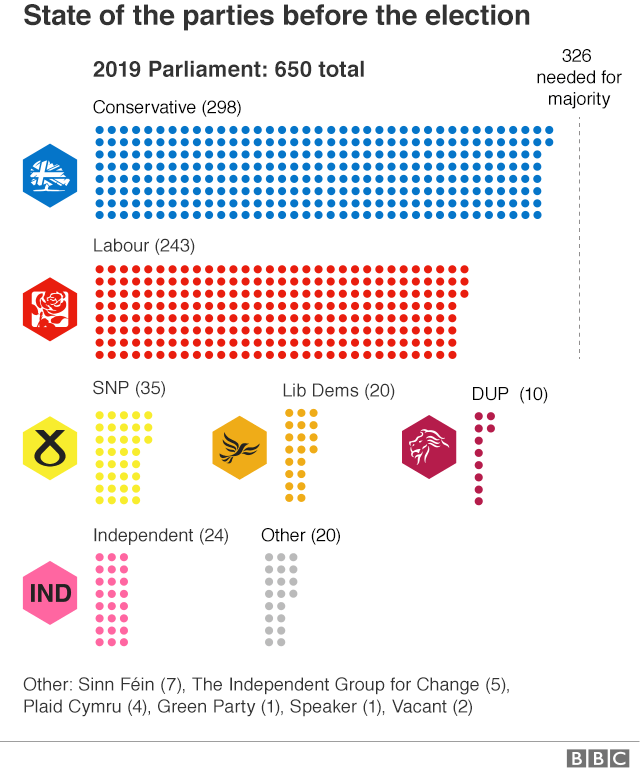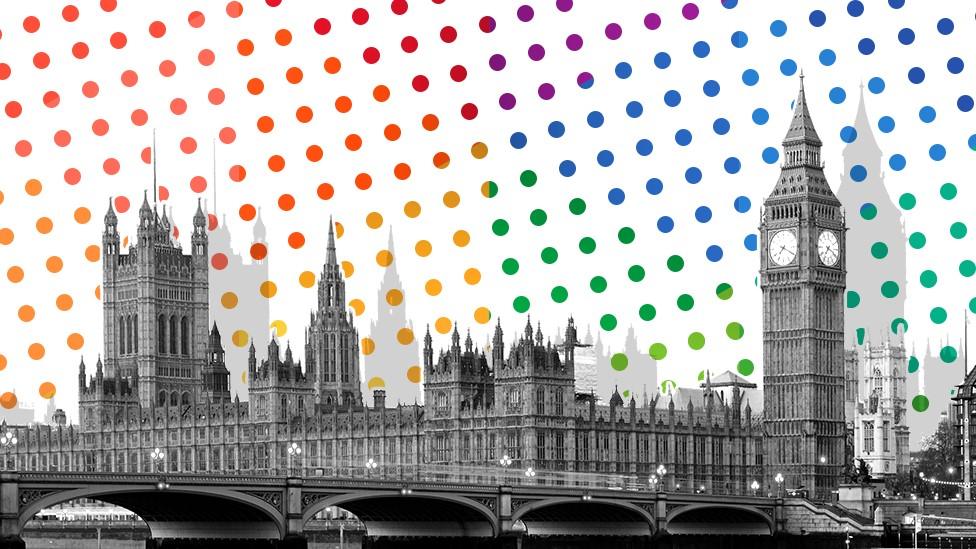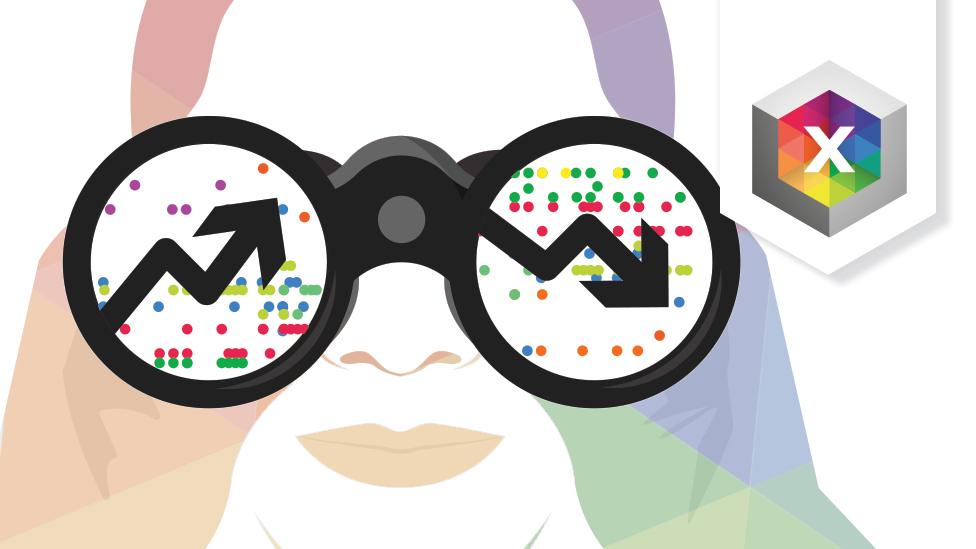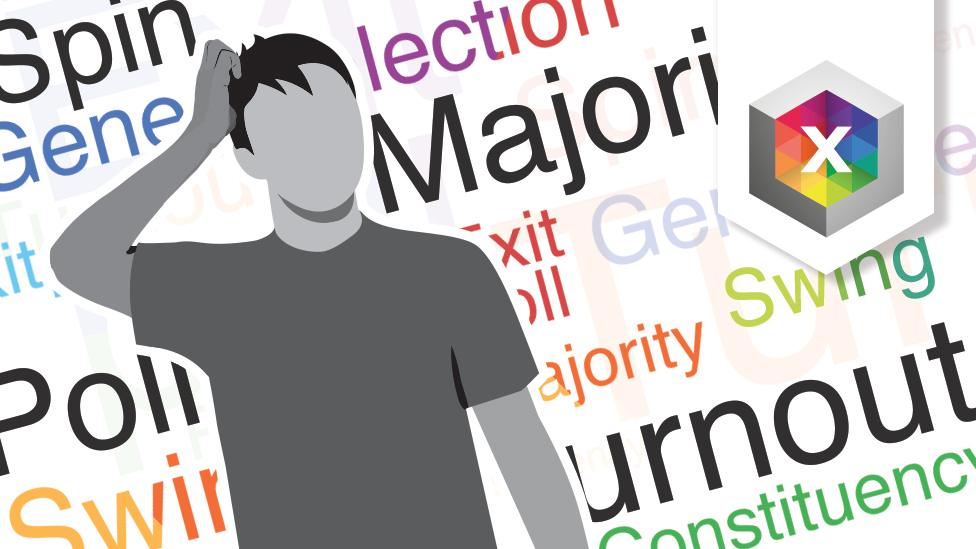General election 2019: A simple guide to the Scottish National Party
- Published

The Scottish National Party (SNP) is currently the third largest party in the House of Commons, with 35 MPs out of 650 seats.
It has formed the devolved Scottish government in Edinburgh since 2007 and wants Scotland to become an independent country.
Who is the leader?
Nicola Sturgeon, who is also Scotland's first minister. The 49-year-old former solicitor was elected to the Scottish Parliament when it opened in 1999, and became the SNP's deputy leader under Alex Salmond in 2004. Following the SNP's victory in the Holyrood election three years later, Ms Sturgeon also became deputy first minister and the Scottish government's health secretary. She played a key role in the Yes campaign during the 2014 Scottish independence referendum, and succeeded Mr Salmond as both SNP leader and first minister when he quit after the referendum.
What does it need to do to win the election?
The SNP only stands in Scotland's 59 seats, and therefore cannot win the UK-wide election outright. However, the party will aim to again win a majority of the seats in Scotland and has said it would seek to form a "progressive alliance" with other parties in the event of a hung Parliament. It has ruled out doing any deal with the Conservatives and says it would not join a formal coalition with Labour, with any support being on an issue-by-issue basis.
Five key election pledges
The party published its manifesto, Stronger for Scotland, on 27 November, external. It sets out its detailed programme for government if it wins power.
Here are five policies that feature in it:
Hold another referendum on Scottish independence in 2020
Keep Scotland in the EU, the single market and customs union - options include a referendum with Remain on the ballot paper if needed
Greater powers for the Scottish Parliament
Bring an end to austerity
Introduce an NHS Protection Bill to block UK governments from using the NHS in trade talks


Where does it stand on Brexit?
The SNP is strongly opposed to Brexit, and has repeatedly warned against Scotland being taken out of the EU, single market and customs union "against its will". The country voted to Remain in the EU by 62% to 38%.
The party has backed calls for a second EU referendum to be held, and has said any special status for Northern Ireland should also apply to Scotland.
What else does it stand for?
The SNP is a socially liberal party, and has campaigned against austerity and in favour of "progressive" taxation. It opposes nuclear weapons, and believes in free university education.
SNP policy in a tweet
Allow X content?
This article contains content provided by X. We ask for your permission before anything is loaded, as they may be using cookies and other technologies. You may want to read X’s cookie policy, external and privacy policy, external before accepting. To view this content choose ‘accept and continue’.

How many members does it have?
According to the most recent data, external, the SNP had 125,534 members in December of last year.
What is the SNP's history?
The Scottish National Party was formed in 1934, when the National Party of Scotland and the Scottish Party merged. It won its first seat in the House of Commons in 1945, when Robert McIntyre won the Motherwell by-election in April before losing the seat in the general election in July of the same year. The party has been continuously represented in the Commons since Winnie Ewing famously won the Hamilton by-election in 1967.
The party won its first Scottish Parliament election in 2007, when it formed a minority government under Mr Salmond, before becoming the first party to win a majority at Holyrood four years later. It again formed a minority government after the 2016 election.
The SNP's biggest success in a Westminster election came when it won 56 seats in 2015.
What about the other parties?
- Published6 December 2019

- Published11 December 2019

- Published6 November 2019
